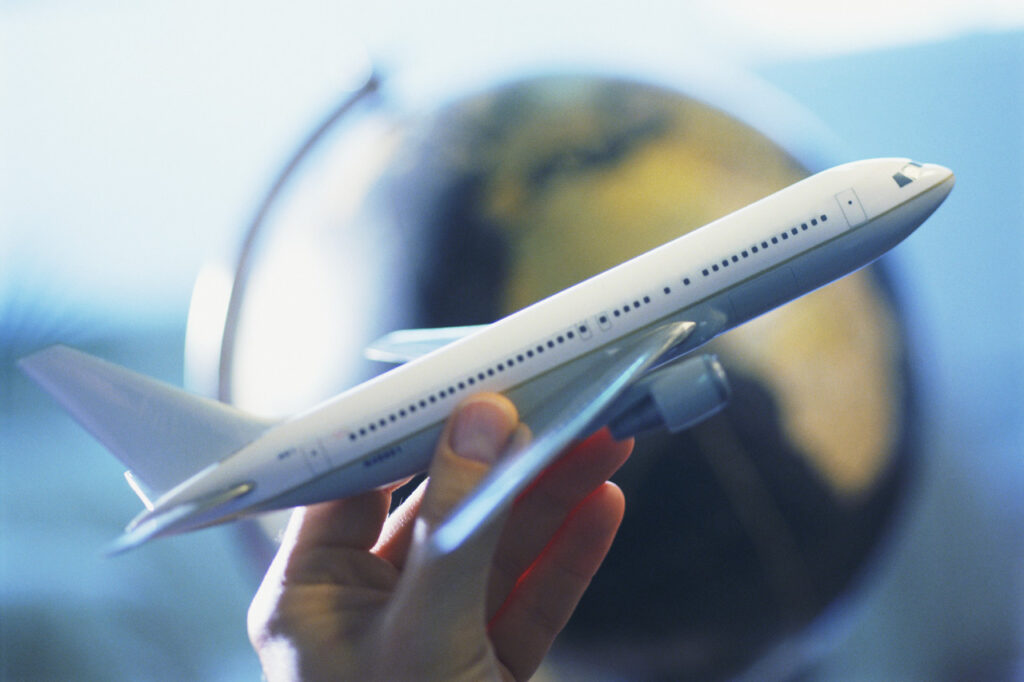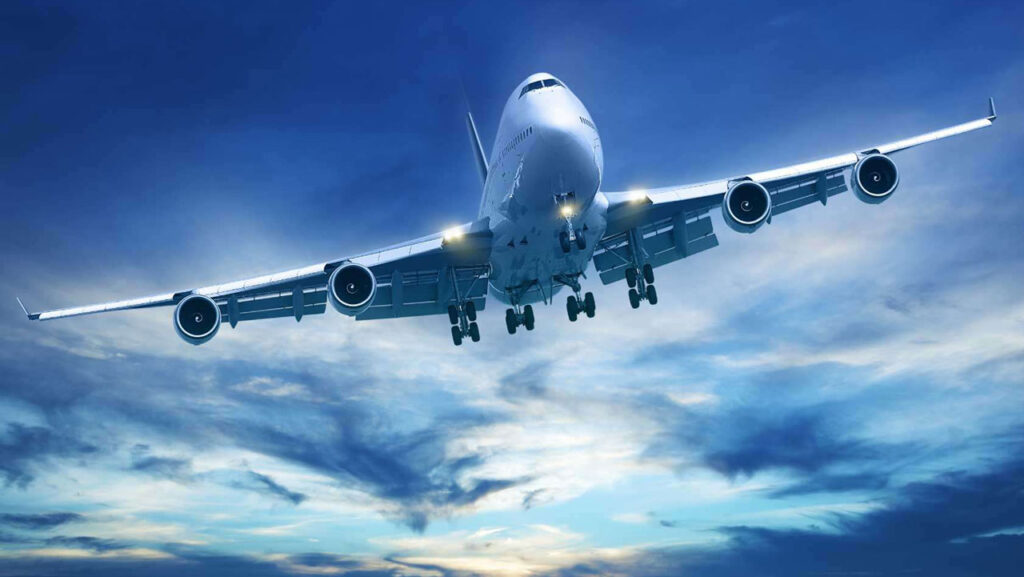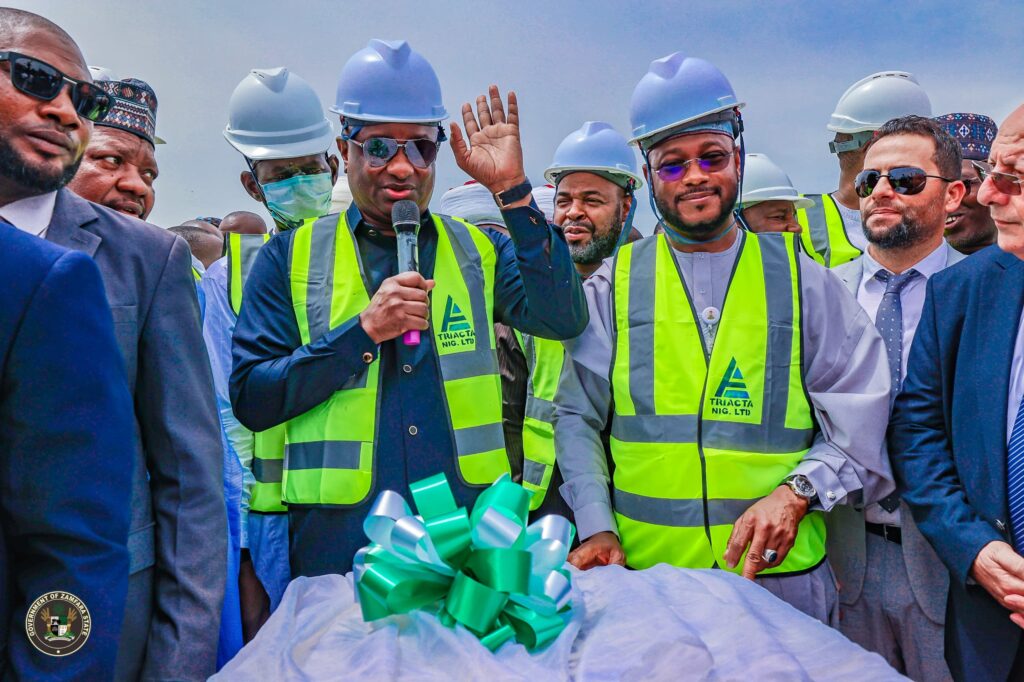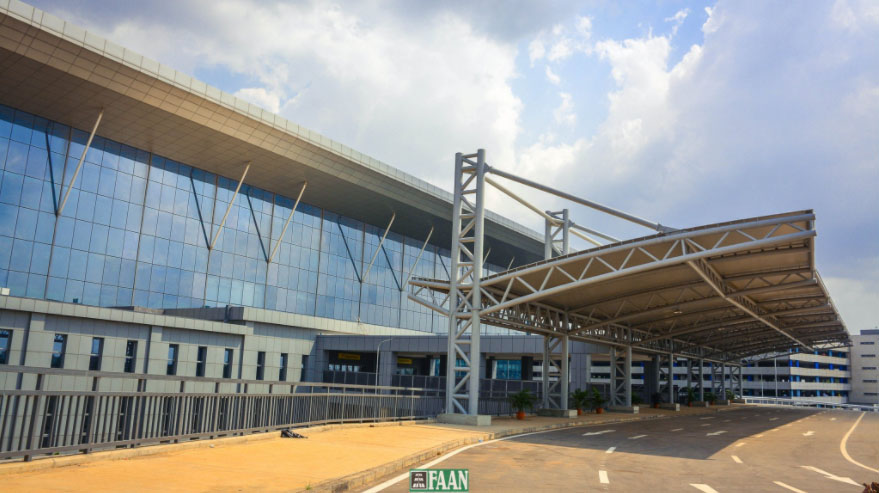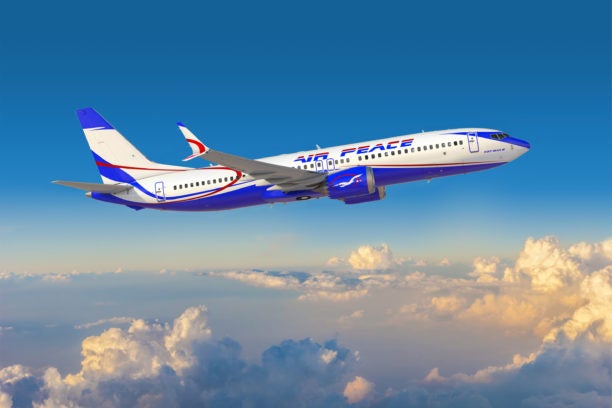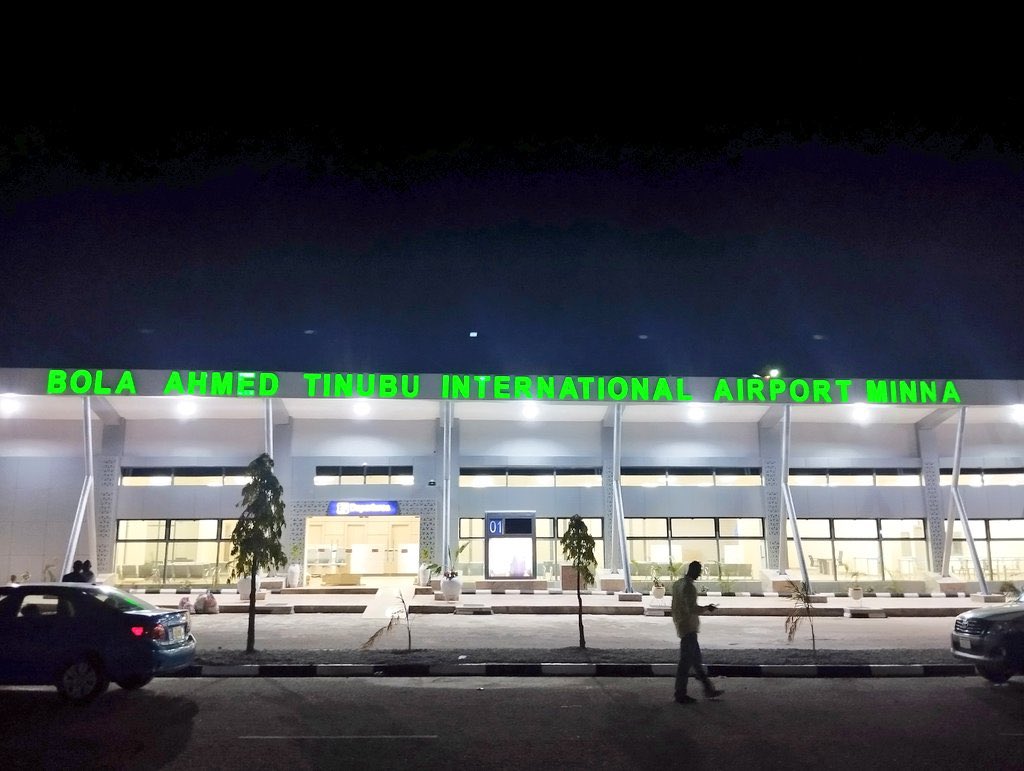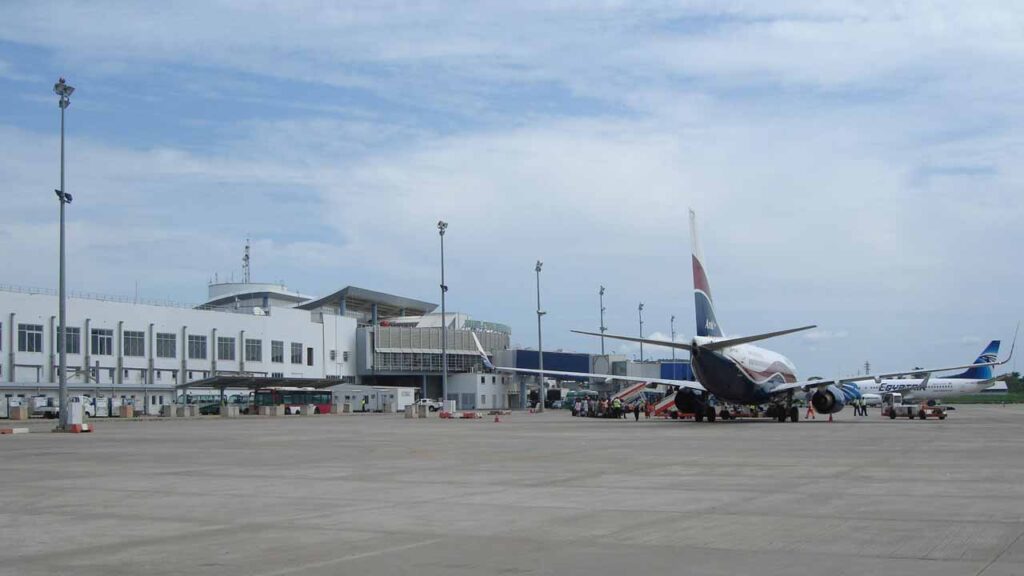
Local aviation can save at least $76 million in capital flight a year if given requisite regulatory and policy support to maximise the capacity of homegrown Maintenance, Repair and Overhaul (MRO) facilities.
Former Rector of the Nigeria College of Aviation Technology (NCAT), Capt. Samuel Caulcrick, who agreed with the projection, noted that local MROs have shown capacity that should be optimised for a larger benefit for the economy.
The Guardian recently reported that overseas maintenance of commercial airplanes operating in the country costs Nigeria about $2.5 billion in capital flight yearly. The mandatory maintenance programme, ranging from minor to complex checks per session on an aircraft, costs about $2 million and is a cumulative burden on the industry in particular.
However, following the fuel and forex crises that hit the sector last year, the total serviceable aircraft in commercial scheduled operation as of November reduced to about 38. At a conservative average of $2 million per C-check (done every 18 months), maintenance overhead will cost local commercial operators an average of $76 million a year.
Caulcrick noted that for those airplanes to keep operating in Nigeria, “it means it is our economy that is supporting them to fly” and no justification to keep shipping them overseas to grow other economies.
Unfortunately, “We keep taking the business of MROs in foreign countries. It means we are transferring wealth to those countries when we created and should own the business. But it is better to let that business stay within our economy. That is one argument by which the MRO supports the economy and should be supported by all,” he said.
Caulcrick added that the advantages of having an MRO in Nigeria include the use of local labour, personnel, growth of experience and the government earning tax revenues.
“Then, you don’t have to pay for fuel to ferry the aircraft to and fro, which you were going to buy in dollars. So, those are the cost-saving advantages. Right now, Nigeria is losing taxes that are being paid to foreign countries instead of Nigeria, coupled with the depletion of foreign reserves.”
Lately, the maintenance section of Nigerian aviation has received a rash of boosts in private sector investment. Besides Aero Contractors which is licensed to repair Boeing737 Classics, 7Star Hangar has recorded a feat in conducting C-check on MD-83 aircraft. Among others, Leadstream Aviation has also shown strength in Dash-8 repairs, while Akwa Ibom state government will soon open its new hangar to local investors.
“We only need to create an enabling environment for MRO investors and this can be done through policy,” Caulcrik said. “For instance, Nigeria Civil Aviation Authority (NCAA) can say it would not renew an existing Air Operating Certificate (AOC) or issue a new one to an intending operator without a local MRO identified in the application form. The government can give them a timeline because this could take up to three years to accomplish.
“Once you do that, just leave the rest to the private investors because they know there is an investment created for them. Once an investor knows that their business is being protected, then, they will be willing to invest in the industry.
“They can then approach a bank to seek a loan. That is how you create a market – you create a market through policy. A policy will naturally create a market. That is how China developed today; it’s through policy and law,” he said.

